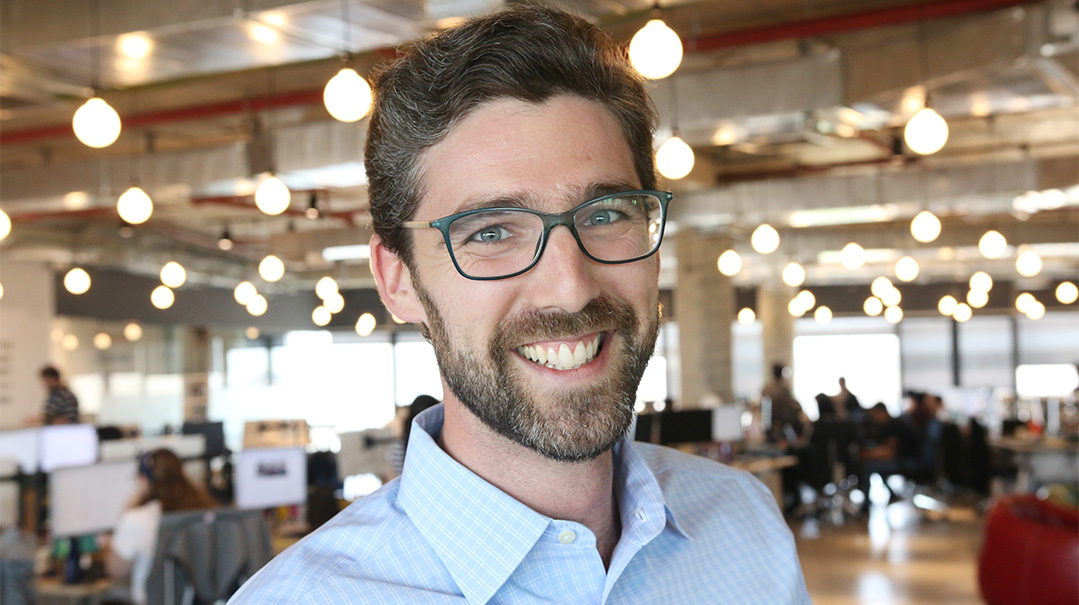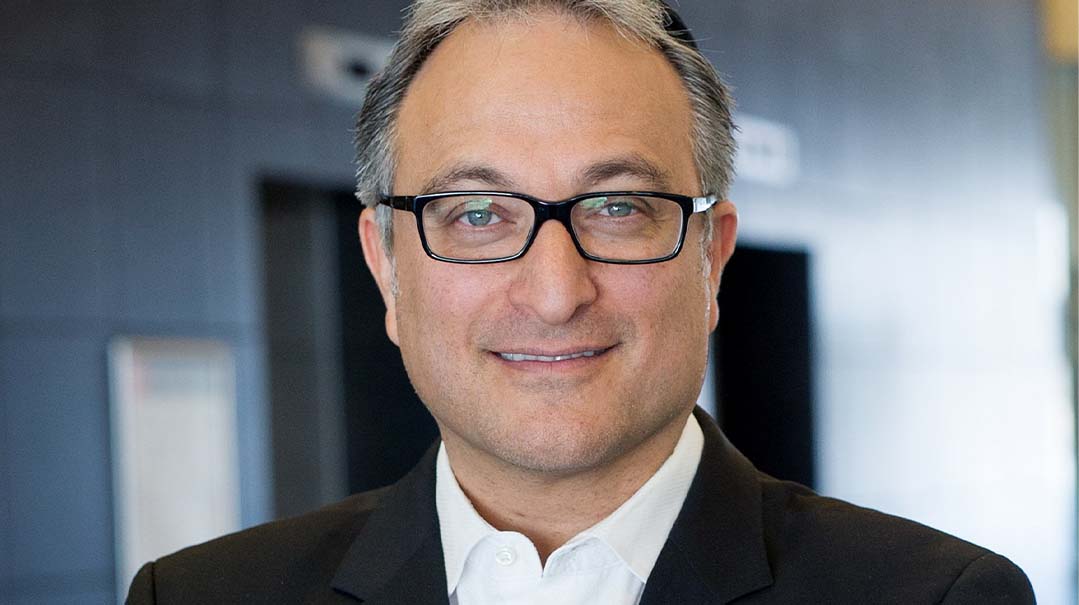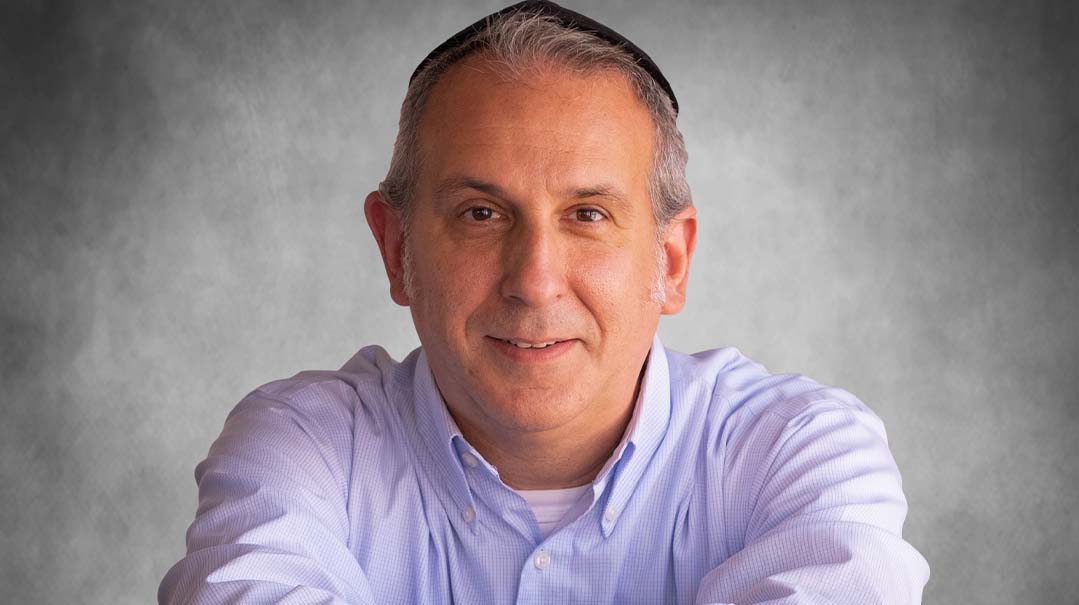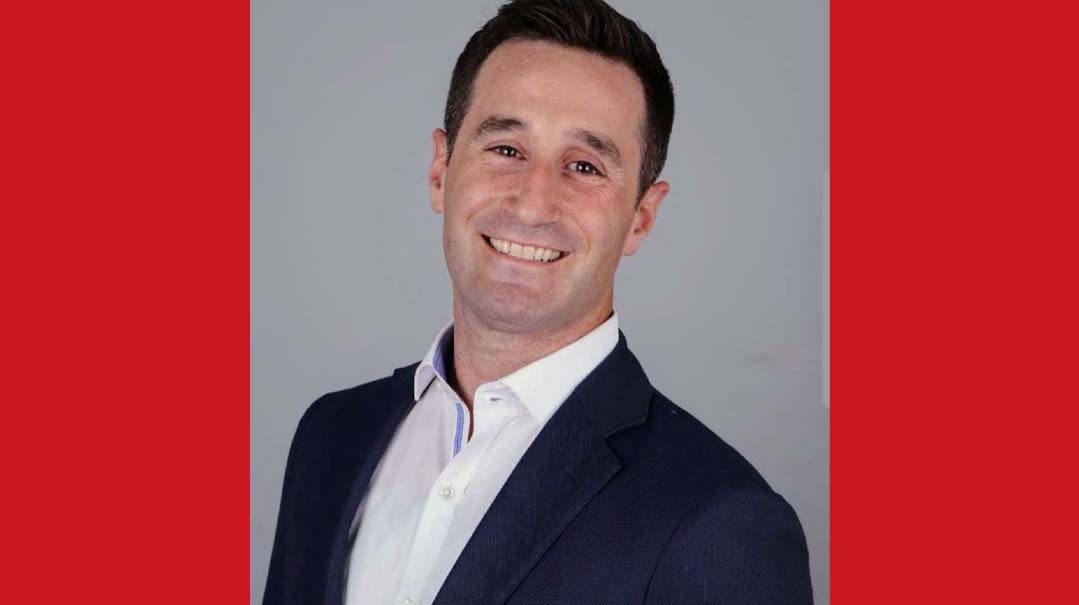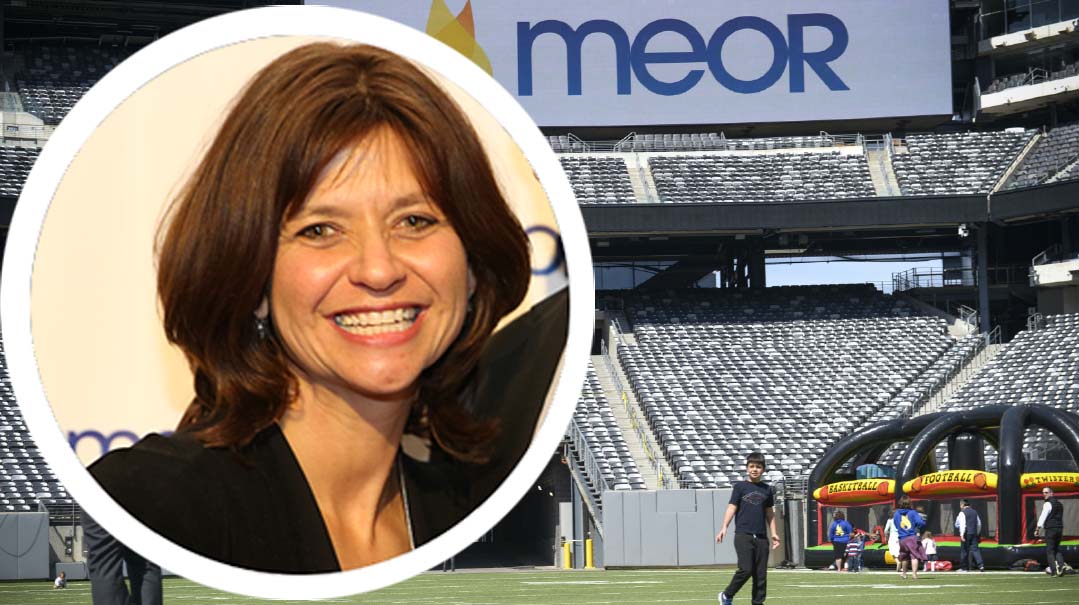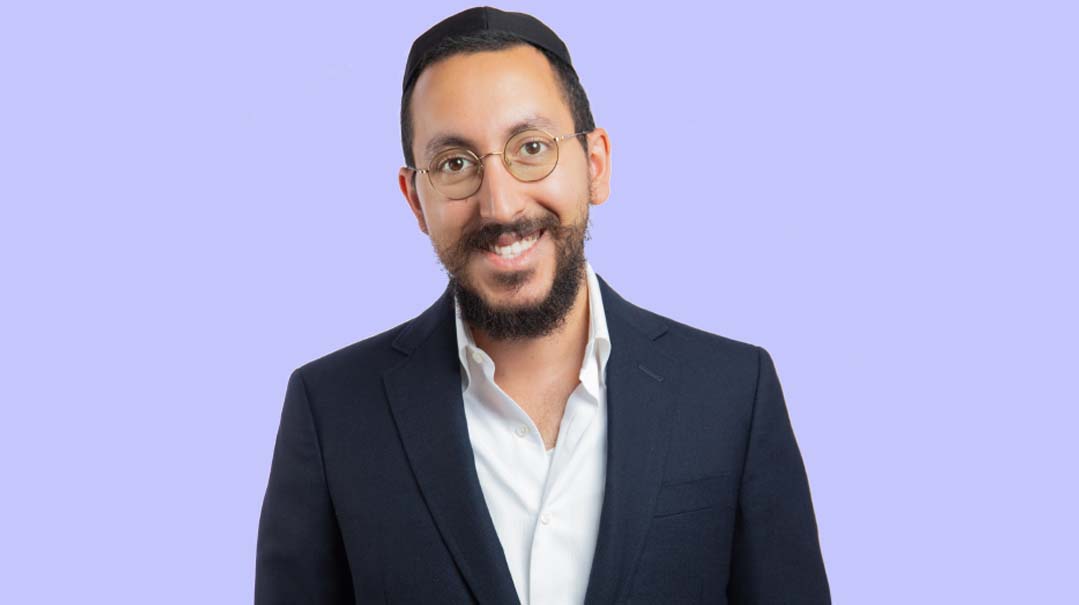Work/Life Solutions with Yoni Palmer

"Writing a book when you’re depressed is one serious challenge. But I knew it had to be done, that it was something that could benefit the tzibbur"

Who: Yoni Palmer, documentation team lead at Cross River Bank, a New Jersey-based financial services organization that provides technology infrastructure to fin-tech and technology companies. He is also the author of the riveting new book, Depressed (Mosaica Press, 2022).
What: Yoni has been in the technical writing field for over 20 years. He’s worked for major tech companies, including AT&T, Magic Software, and ECI Telecom, managing teams of different sizes. Prior to his current role at Cross River, he spent six years managing Tech-Tav, a prominent Israeli provider of tech-writing services that provides consultancy services to many companies at the forefront of the Israel high-tech scene. He’s also given presentations about tech writing trends at a number of international events and managed LinkedIn’s “Documentation and Technical Writing Management.”
Where: Yoni was born in Golders Green, London, and made aliyah in 1998. He and his family lived in Ramat Beit Shemesh for about 20 years, and now live in Neve Michael.
Why: “Everyone you meet is fighting a battle you know nothing about.” This hit me hard when my friend Yoni recently published his book, Depressed (Mosaica Press, 2022). I thought I knew Yoni well. We davened together at KSY and have been friendly for years. He’s always been a paragon for community activism, from being the gabbai at various shuls, working on three Beit Shemesh elections, serving as a volunteer firefighter, and helping numerous chesed organizations. But clearly, he’s been fighting battles I knew nothing about. His new book shares a raw account of what it’s like for a frum man to struggle with depression, with the goal of helping those struggling with this debilitating yet common illness recognize that they aren’t alone. I applaud Yoni for bravely sharing his story, and I encourage everyone to read his book.
1 of 9 What opportunities or personalities played a key role in your career path?
I studied law in university but wasn’t really sure that was what I wanted to do. Shortly after graduation, I was talking to a family friend who was involved in marketing. She was explaining the writing aspect of her job to me, and told me she thought I would be very good at it. She also gave me some basic tips, which I still use today. But most importantly, she led me to think of writing as a profession.
Many people have never heard of technical writing, but they’ve all come into contact with technical writers’ work. On the simplest level, technical writing is about explaining how people can use different products. So whether you’re building a flat-pack closet from Ikea and using their image-based instructions, or reading your new car’s driver guide, you’re using the work of a technical writer.
While obviously creating a food processor manual is different from explaining complex enterprise-level cyber security systems, the principle remains the same: to make a product or service comprehensible for its users.
Probably my biggest career inspiration, though, would have been my first boss, Joe Gellert a”h. Joe, a friend of my father’s, was the executive director of Likud-Herut GB, the UK arm of the Likud party. He knew I hadn’t decided on a career path, and he invited me to work for him as his assistant. Together we arranged events in support of Israel as well as running activism campaigns. I learned so much from Joe about being organized and managing one’s tasks efficiently.
My work at Likud-Herut involved a lot of writing and creating publicity material. Joe was a veteran of the Soviet Jewry campaigns of the ’70s and ’80s and our movement continued its activism in the ’90s too, working on behalf of the communities in Judea, Samaria, and Gaza, campaigning for the release of missing Israeli servicemen, including Ron Arad, and lobbying the British government to remove an embargo on sales of weapons to Israel. Joe believed in letting people grow in their positions, and during my time working for him, I was given tremendous responsibilities, including coordinating visits of senior Israeli politicians like Yitzchak Shamir, Ariel Sharon, and Bibi Netanyahu. I’m forever grateful to the opportunities Joe gave me.
2 of 9 What three character traits have played a key role in your career path?
My parents a”h influenced me tremendously, and the traits I find most instrumental in my career are things I saw at home, in the example they set for my brother and me.
First would be honesty. My father had a reputation as an honest broker, noted by his business colleagues, Jewish and gentile alike. He was reliable in every sphere of his life, whether with family and friends, the various communal organizations he was involved in, and in business.
The second trait is empathy and the ability to understand others. Sensitivity for others was also right up there in our home as a central middah when I was growing up. My father was the shul president, and he would deal so sensitively with the widows of the community. I find the ability to get into another’s head a key to success in technical writing. We need to get into the end user’s mind to understand what they want to do with a product so we can create the content they need to help them use our products successfully.
The third trait is the ability to connect with different people. In all areas of life, we’ll need to deal with other human beings even if they’re very different. There’s no reason why that should be an unpleasant experience for either side, and whether with neighbors, in business, community and family, we need to find ways to get along.
3 of 9 What do you do to relax, recharge, or simply have fun? How do you make time for that, and how often?
I’m not sure that I do relax or recharge properly and that’s probably not so good. I find that I always have to be busy with something, trying to be productive. But I do love cooking, and in our house Shabbos cooking (minus dessert) is basically on me.
Another passion of mine is helping to run a shul or minyan. It’s in my blood; my father was a gabbai in Golders Green for many years and a great-grandfather of mine Hy”d had a shtibel in his home on the outskirts of Warsaw. The Covid lockdowns and the ensuing closing of shuls were very hard for me, but now that things are back to normal, I look for any opportunity to serve in this capacity. It’s a form of escapism, but more importantly it allows me to help the tzibbur and serve Hashem in such a direct way.
One fun thing I’ve started doing recently is serving as a volunteer firefighter. Like many boys, this was a childhood dream of mine, and I’m so grateful to Hashem that it’s happened.
4 of 9 What was your most resounding failure?
I would say it was my first and only business idea that I actually implemented. It was 1992 and I had just left university. Recycling was still in its infancy, and local authorities were not separating recyclable garbage. I figured I could maybe make some money by charging businesses to collect their waste paper — the UK charges business for commercial waste disposal — and then selling it on for recycling. But at the time, the UK was in the midst of a deepening recession and the price of paper plummeted. Instead of me being paid by the paper mills for paper I collected, I would have had to pay them to take it off my hands. My whole business model kind of crumpled, and not only didn’t it make any money, it actually began to lose significantly.
My biggest takeaway is that maybe I should have persisted and put in more effort and passion into making it work. Today recycling is a massive global business that grows constantly, and maybe I could have been a pioneer in the field. Still, I don’t regret what happened because we have to learn from our mistakes and look forward. Today I understand that my hishtadlus for a successful project requires the right amount of effort and passion to make it work.
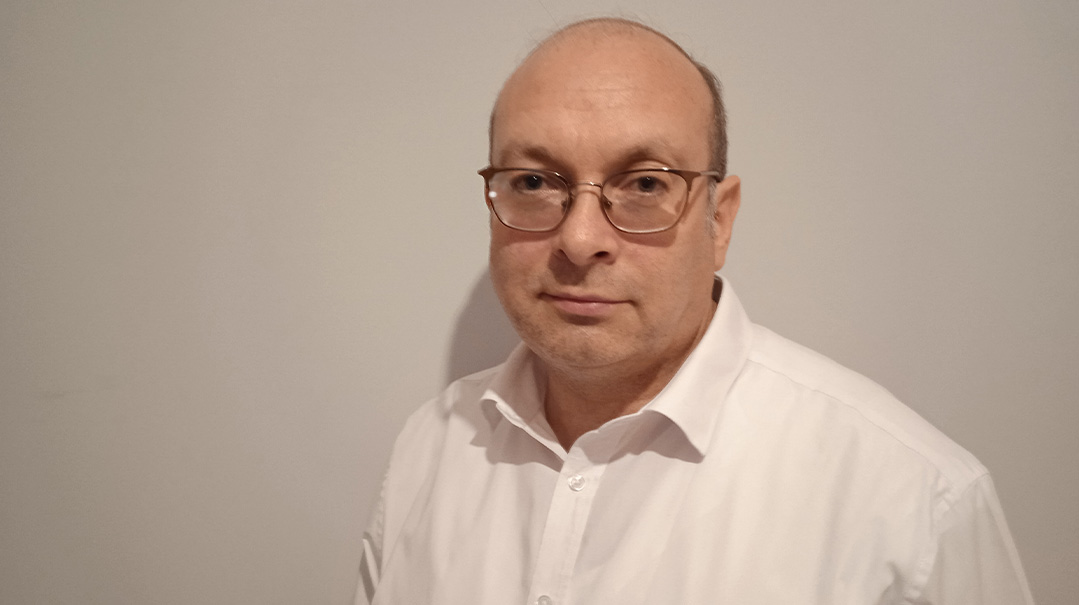
5 of 9 If you were granted an extra three hours per day or a spare million dollars, what would you do with that time or money?
If I had the extra hours, I would split them between some more family time, learning more Torah, whether on my own, with a chavrusa, or attending additional shiurim, and being osek b’tzarchei tzibbur. If I had a spare million dollars, I would use it toward various projects for the klal, including help for people suffering from depression and providing support for couples experiencing fertility issues. I would also indulge my dream of establishing a one-stop-shop for gabbaim of embryonic shuls where they could find everything they need to run their communities, from sifrei Torah on loan to accounting assistance, free siddurim and Chumashim, and general consulting to make a success of their project.
6 of 9 What is the most inspiring feedback you’ve ever received? Did that impact what you did next?
It’s actually feedback that I’ve received only very recently. With the help of Mosaica Press, I was recently zocheh to publish a book about my struggle with depression and suicidal feelings. The book, called Depressed, has been on sale since January, and I keep getting feedback about how powerful the book and my story are. Total strangers have reached out to tell me how much it meant to them to read the book.
For some, it’s about me having put into words what they feel and haven’t been able to express to those around them. For those looking into this world, it’s given them an insight into what depression actually feels like for the sufferer. There are others who just want to commend me for having told my own personal, raw story to break the taboo around depression.
It was very hard to write my story, but I felt it was the right thing to do. The feedback I’ve received has borne that out, and it’s also given me the strength to continue talking about this issue and doing whatever I can in some small way to help others.
I’ve already given presentations to a couple of organizations and have some more scheduled for the next couple of months. These also resulted in incredibly encouraging and supportive feedback. There is such an urgent need for us to have discussions about mental health in the frum community, and I feel that this is just the beginning of a journey that I have been sent on, and such a tremendous act of chesed that I can do.
7 of 9 If you were asked to deliver a TED Talk that would be watched by 50 million people, what topic would you choose to speak about? Why?
Without a doubt I would speak about depression. Issues surrounding mental health are definitely hot topics today and I’d talk about my own experience with depression. Around 15 years ago, following a ten-year period of what two therapists called an “emotional holocaust” that included losing my father suddenly, miscarriages and fertility challenges, and a daughter born at 25 weeks who teetered between life and death, I was diagnosed with post-traumatic stress disorder (PTSD).
The PTSD brought on depression, though I didn’t know that at first. Only after I came very close to committing suicide, and I realized that I had to talk to someone, did I start seeing a therapist, who explained to me that I was suffering from depression. Depression is something that many people live with, and I think it’s vital to be able to talk about it. There are so many people who suffer in silence, and in some cases, unfortunately, do end up taking their lives.
As I know from talking to professionals both before and after my book was published, frum men find it hard to talk about their depression, and so many are suffering in silence. My TED talk would tell my story and try to destigmatize the topic. The more we talk about this illness and help people feel that they’re not alone and it’s okay to feel the way they do, the more we’ll be able to help them.
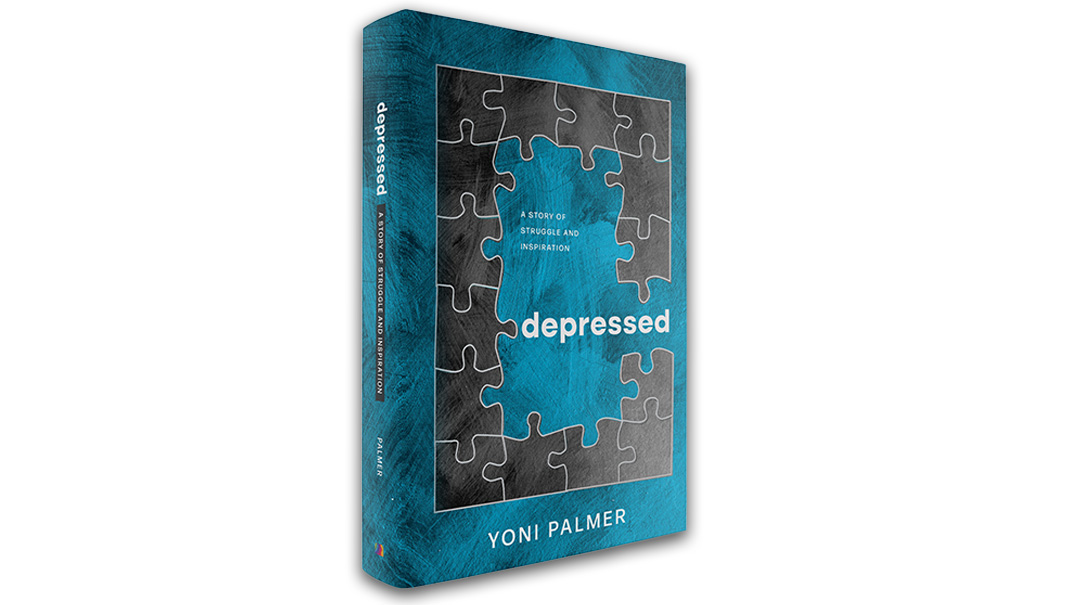
8 of 9 Can you share a time when you had to navigate the tension between your deepest values and the business world?
The biggest challenge I’ve had is with employee-management issues. As a manager, you have the power to retain team members or let them go.
Even when there’s an issue of poor performance, I’m always conscious that while on the one hand there’s the not-insignificant matter of doing what’s right for the organization, at the same time we’re dealing with someone’s livelihood, and taking that away can have implications for generations to come. On a few occasions I asked sh’eilos about what my obligations were. Thirty or 40 years ago, employees could find themselves in jobs for life. Today this isn’t the case, and dealing with issues of contract termination for whatever reason is quite common for the modern manager.
As frum Jews, we have that extra burden when making these significant life-affecting decisions to make sure our choices and decisions are morally correct to the best of our limited capabilities as basar v’dam.
9 of 9 If you were advising a young man/woman hoping to launch a career as an entrepreneur, which “dos” and “don’ts” would you share?
I guess my entrepreneurial experience comes more from the communal world, but I’ll also add some real-world experience. Firstly, I think it’s important to have a clear vision of where you want to get to. Coupled with that is having clarity in what you need to do to achieve your goals — a plan.
In the don’ts column, I would advise never to give up on your dream, whatever it is. In life we will fail and fall, but the trick is to pick ourselves up and continue on the journey. Life throws us many challenges along the way, but as believing Jews we know that everything is for a reason. Having goals and dreams that are worthwhile and meaningful to us enable us to face the challenges and move past them. And getting past them makes us who we are.
One of my personal dreams was to publish a book, which, baruch Hashem, I was able to do. It wasn’t necessarily the subject I’d always dreamed of, but nevertheless, it’s there in hard copy and in the stores.
Writing about my struggles with depression wasn’t easy at all. Writing demands creativity, and when you’re depressed, it’s hard enough to do basic things like getting out of bed, eating, or davening. Writing a book when you’re depressed is one serious challenge. But I knew it had to be done, that it was something that could benefit the tzibbur. And hard as it was, I pushed on to put the words to paper. I’m so grateful to the Almighty for helping me complete the book, and the reward is that I can look back on the challenges and, as it were, pat myself on the back that I achieved something against the odds. That’s an incredible feeling and well worth persevering for.
(Originally featured in Mishpacha, Issue 905)
Oops! We could not locate your form.

